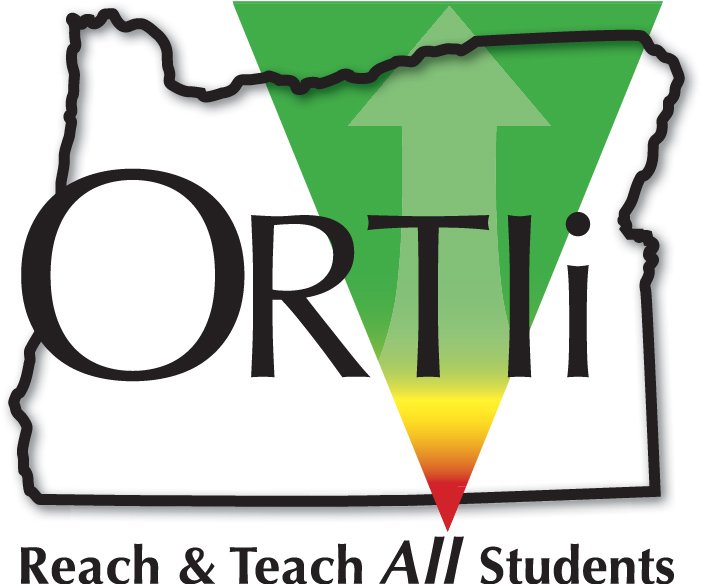Professional Learning & Support
Item 9. Hiring process includes questions related to RTI practices and has candidates demonstrate the skills that they will need to perform
Recommendations
When hiring new staff, it is important to ensure that they have the skills, or the ability and willingness to develop the skills, to effectively operate in an RTI system. Perhaps more importantly, they should fit into your school culture and be a productive and collaborative member of your educational team. Though the recruitment and interview process cannot solely determine if candidates are a good fit, a well-developed interview process can increase the probability that newly hired staff will fit in well to your RTI system.
Well-developed interview processes should include two primary components:
Interview questions related to knowledge of RTI systems and the skills to operate in such a system.
(a.) Interview questions should be individualized to the job role (e.g. administrator, teacher, literacy specialist, etc.) but also pose questions related to performing tasks in an RTI system. These questions can relate to the following RTI components:
- Leadership and Professional Development (for prospective administrators and other RTI district level positions)
- Core instruction
- Interventions
- Screening and Progress Monitoring (Administration and data management)
- Data-Based Decision Making including Teaming process at Tier 1, 2, and 3
- Using RTI to identify students with Specific Learning Disabilities (for prospective SPED teachers)
Behavior vignettes or activities that allow the candidates to demonstrate their knowledge and skills in an RTI system. For example, this could include:
(a.) For prospective teachers:
- Provide classroom screening data (e.g. DIBELS Next, AIMSWEB, easyCBM, etc.) and ask the candidate to describe the strengths and areas of need for this group of students based on the data, and what additional data-sources they would collect.
- Have teaching candidates demonstrate their teaching skills through modeling a lesson either at your school, or through a video recording from their current teaching position.
(b.) For prospective principals:
- Provide school-wide screening data (e.g. DIBELS Next, AIMSWEB, easyCBM, etc.) and ask the candidate to describe strengths and areas of need for the students based on the data, and what additional data-sources they would collect. This could also include data reports disaggregated by subgroups.
- Provide sample principal walkthrough information indicating observed instructional practices across classrooms. Ask principal candidates to determine how they might provide feedback to teachers based on the information, including what additional questions they may have.
(c.) For prospective RTI specialists/coaches
- Provide progress monitoring data and intervention information. Have candidates determine next steps including determining if the sample data indicates if the student is making adequate progress, and it the student is not making progress, what instructional changes might be suggested.
- Have candidates present on an RTI-related topic, as if they were training a group of teachers on that topic.
Resources

